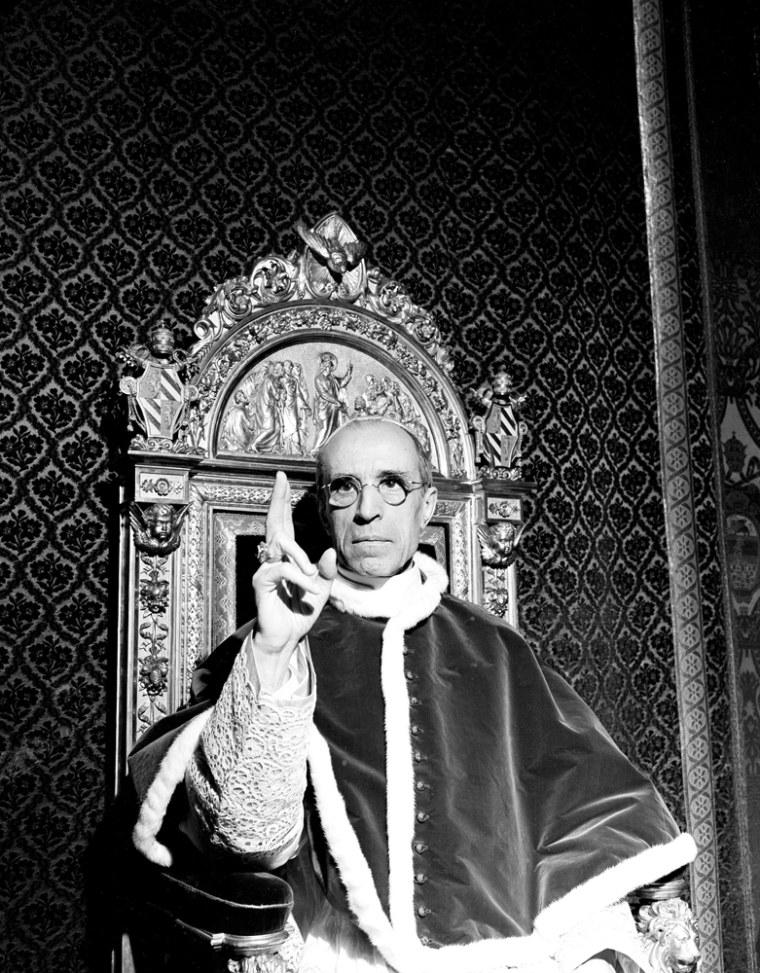The Vatican abandoned plans to join an international Holocaust remembrance body amid tensions over the role of the war-time pope, a newspaper reported citing a U.S. diplomatic cable obtained by WikiLeaks.
The U.K.'s Guardian newspaper reported that Julieta Valls Noyes, the number two at the American embassy to the Holy See, wrote in October 2009 that the Vatican had "rowed back on a prior written agreement" to take up observer status with the International Task Force on Holocaust Education, Remembrance, and Research, referred to as the ITF.
She added that the deal "had fallen apart completely … due to Vatican back-pedaling," according to the cable, which was published by the newspaper.
The message says this decision "may have been taken by the Vatican's relatively inexperienced new deputy foreign minister (Ettore Balestrero), and if so, would not be the first time he has complicated Vatican foreign relations."
However, it added: "The Vatican may also be pulling back due to concerns about ITF pressure to declassify records from the WWII-era pontificate of Pope Pius XII. Regardless of the cause, the ITF will continue to pursue closer ties with the Holy See in the months ahead."
The cable says three members of the ITF "expressed considerable disappointment about the unexpected set-back." One said they were "especially chagrined" because the Vatican had initially offered to do more than the ITF had hoped.
It says there are 16 million documents from the papacy of Pope Pius XII, who the Guardian described as a "a controversial figure for his failure publicly to denounce the Holocaust in 1941 or 1942, when the Vatican was first informed of what was going on."
While some Jewish groups accused Pius of having anti-Semitic attitudes, others have defended him, arguing a stronger stance could have been counter-productive, the Guardian said.
The newspaper said both sides believed the Vatican papers would prove their case.
'Profound moral failure' , the current pontiff, Pope Benedict XVI, described Pius XII as a "great, righteous" man who saved more Jews than anyone else.
Benedict revealed in the book that he "ordered an inspection of the unpublished archival records, because I wanted to be absolutely sure." The "records confirm the positive things we know, but not the negative things that are alleged."
"The decisive thing is what he did and what he tried to do, and on that score, we really must acknowledge, I believe, that he was one of the great righteous men and that he saved more Jews than anyone else," Benedict said.
Elan Steinberg, vice president of American Gathering of Holocaust Survivors and their Descendants, said in an emailed statement last month that Benedict's comments "fill us with pain and sadness and cast a menacing shadow on Vatican-Jewish relations."
If Pius became a saint, that would create an "unfathomable breach" in Catholic-Jewish relations, Steinberg added. "Pius' silence during the Holocaust was a profound moral failure," he said.
